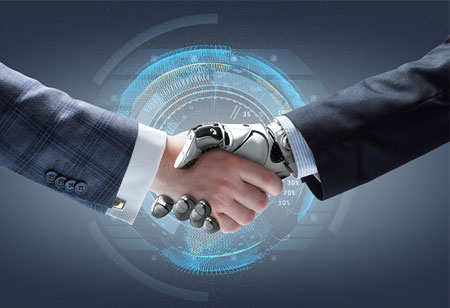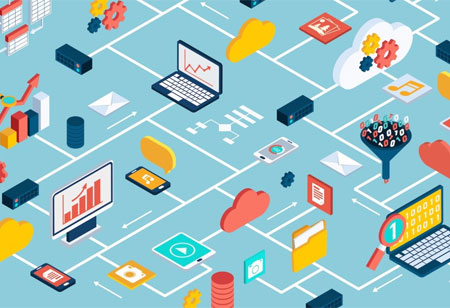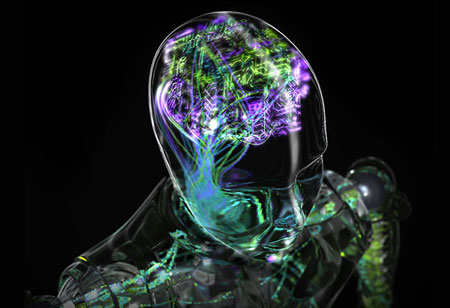THANK YOU FOR SUBSCRIBING
Impact of AI on the Future of Medical Science
A combination of machine learning algorithms and recurring patterns of health conditions serve as the fuel for AI to drive the future of medical practices.

By
Apac CIOOutlook | Tuesday, September 30, 2025
Stay ahead of the industry with exclusive feature stories on the top companies, expert insights and the latest news delivered straight to your inbox. Subscribe today.
Fremont, CA: AI is poised to significantly change the landscape of medical practice, driven by a combination of ML algorithms and the examination of recurring health trends. While medicine and ML may initially appear unrelated, their convergence yields impressive and beneficial applications that have the potential to revolutionize healthcare in the years ahead. AI has been associated with a variety of applications, especially in deep learning algorithms that detect disease patterns and assess potential health threats.
Google, in its recent quest to develop AI for healthcare applications, was able to train AI models to detect the spread of breast cancer tissues on a microscopic specimen. Surprisingly, the AI was able to predict the infection rate faster than human pathologists. On similar lines, studies have shown significant success in containing diabetes by learning the food habits of an individual and the severity of the disease through retinal scans.
Owing to multiple data sets fed into AI models, machine learning algorithms can predict similarities within the data sets and arrive at various possibilities by cross-referencing inter-relatable data. In a recent study, AI was used to successfully diagnose the likelihood of tuberculosis through X-ray image analysis with incredible accuracy. Researchers trained the AI model to learn from similar X-ray patterns and compare the newly fed samples for resembling patterns. Researchers concluded that automated detection could be a breakthrough in the field of medicine, which would extend the possibility for early containment and cure.





